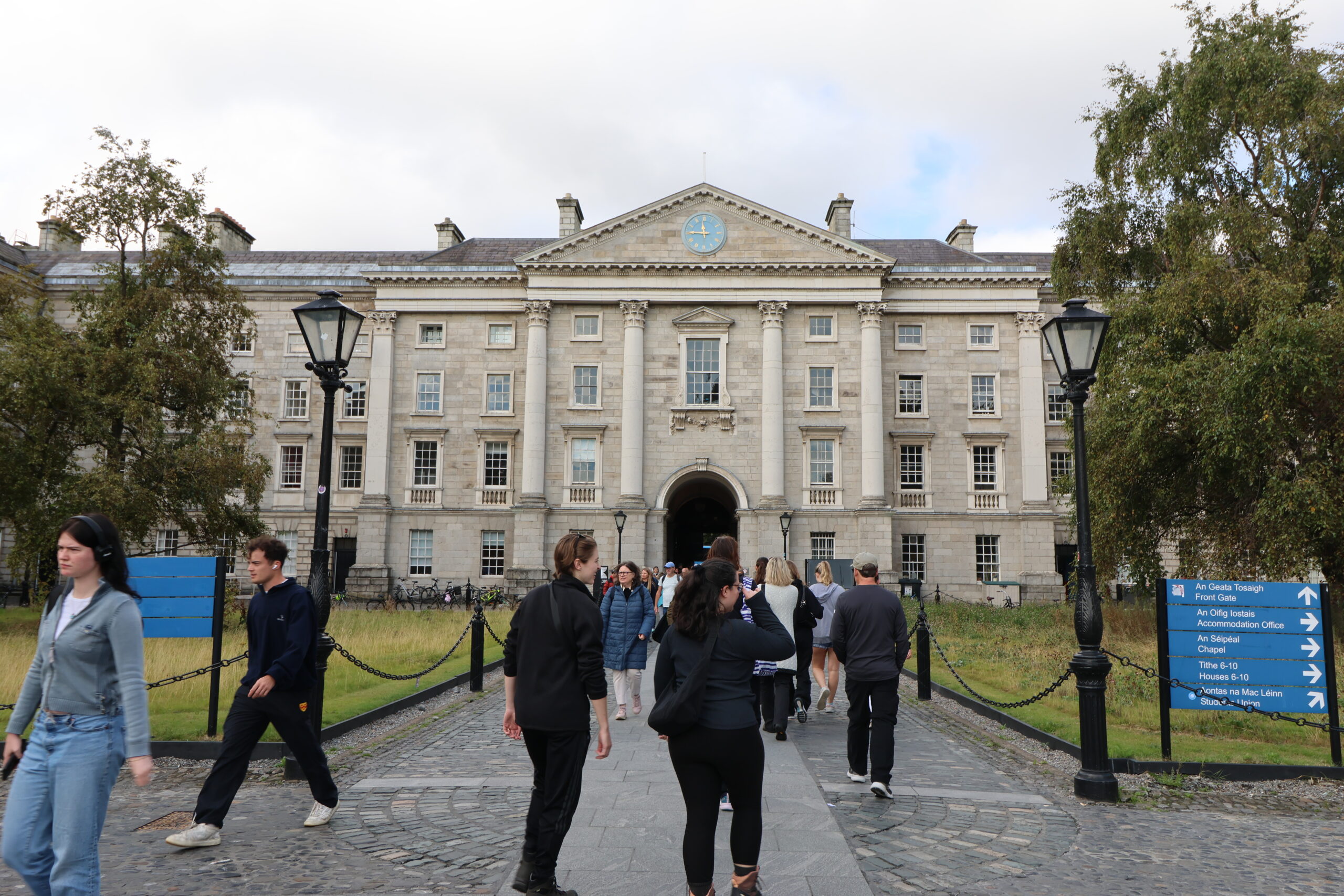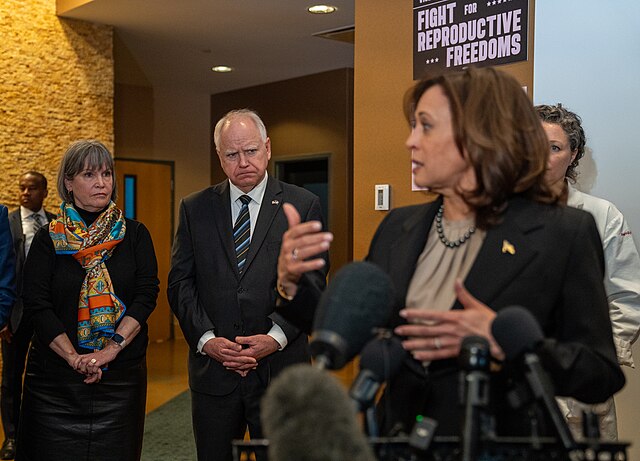
Rónán Burtenshaw
Deputy News Editor
Trinity College has paid an annual subscription in excess of a quarter of a million euro to the Irish Universities Association in each of the last three years. The IUA is a private company with charitable status directed by the seven heads of Irish universities. Documents obtained by The University Times also indicate that the IUA had substantial sums in cash reserves available to it during the time that it was receiving this money.
In total the Irish Universities Association received over €1.5 million from Irish universities in each of those years. Further significant funding came from the Strategic Innovation Fund (SIF), a state body run by the HEA, amounting to over €8 million since 2006.
Despite receiving public funds, the IUA is a limited company and is not subject to requests under the Freedom of Information Act. Speaking to The University Times on the issue of oversight, CEO of the IUA, Mr. Ned Costello, drew attention to the review of externally funded IUA activities by the funding parties, the HEA and the C&AG. This, however, does not include operations “funded directly by the universities”.
The IUA intends to implement a 12.5% cut in the subscription fee for universities in 2011. Trinity’s contribution is forecast to fall from €256,122 p/a to €217,200. UCD, the largest contributor, will commit €282,987 (down from €329,223) and the overall contribution will drop from €1,555,510 to €1,365,000.
The latest complete accounts available for the company, from 2009, show that it had a balance of €2.7 million available to it at year’s end. This “cash in hand and at bank” sum is almost twice the total contribution of the Irish universities, who themselves have seen millions of euro of cuts since 2008. Trinity College faces a projected debt of between €80 and €100 million by 2015 after a €41 million reduction in the state grant (almost 40%) in 2010.
Mr. Costello said that having cash on hand was “prudent” practice for organisations. He continued that the SIF and HEA funding would be “reflected in [their] cash balances” but had “no further comments to make” about how much money is currently in IUA accounts and why it had not been used to lower university costs further.
Payments to the IUA do not feature by name in either Trinity or UCD’s accounts. No mention is made of the money paid to the organisation in any of the approved Trinity College Board meeting minutes for the academic year 2010/11. In response to questions about this subject, College replied that “IUA payment is expensed in the College Funding Statements under miscellaneous expenditure.”
Speaking in February, Mr Costello said that the organisation had 14 or 15 employees. Their 2009 accounts show their fifteen employees then receiving a combined salary of €1.45 million, with the company, who rent a property on in Merrion Square, also paying almost €200,000 in leasing costs annually. He also claimed that it would cost the universities more in administrative costs than it has cost the IUA to do its job.
The Irish Universities Association’s stated aim is to “assist in the development of a common position on higher education policy issues among Irish universities” and to “advise the Government [and] the HEA… regarding the views and policies of Irish universities.”
This paper asked Mr. Costello whether the sole presence on the Board of the IUA of the heads of the universities gives rise to potential difficulties in fulfilling this objective. He replied that “IUA decisions are taken by consensus” and it had “no role” in the internal governance of universities.
The decision-making body of the universities extend beyond their Presidents to their Boards. A review of the approved Board meeting minutes for this year shows a disagreement at November 10th’s meeting over an IUA discussion on Higher Level Mathematics points in the Leaving Certificate. The group also responded recently to a controversy in UCD over academic freedom and tenure with a statement on those topics which seemed to differ from a policy agreed just weeks before by Trinity’s Academic Council.
On the website of the IUA the company is described as “the representative body of the Heads of the seven Irish universities”. When asked by The University Times whether the IUA was representative of the universities or their leadership, Mr. Costello was unequivocal, “the IUA is the representative body of the universities”. This opinion, however, was not echoed by the Communications Department of Trinity College who viewed it as “the representative body of the universities and presidents collectively”. Mike Jennings, General Secretary of the Irish Federation of University Teachers, suggested recently that they be renamed “the Irish Universities’ Presidents’ Association” to clarify the position of the organisation.
Trinity’s Communications Office, in response to a question about whether university subscriptions were value for money, responded with a description of the IUA as a body designed to “develop strategy and policy to advance third and fourth level education”. When asked whether Trinity College should be paying subscriptions while the IUA had considerable reserves in the bank College replied, “In addition to the the services provided by the IUA to its members, there are matters which are of a sectoral nature and which need to be dealt with sectorally by the universities and for that reason among others the IUA is a valuable asset.”







